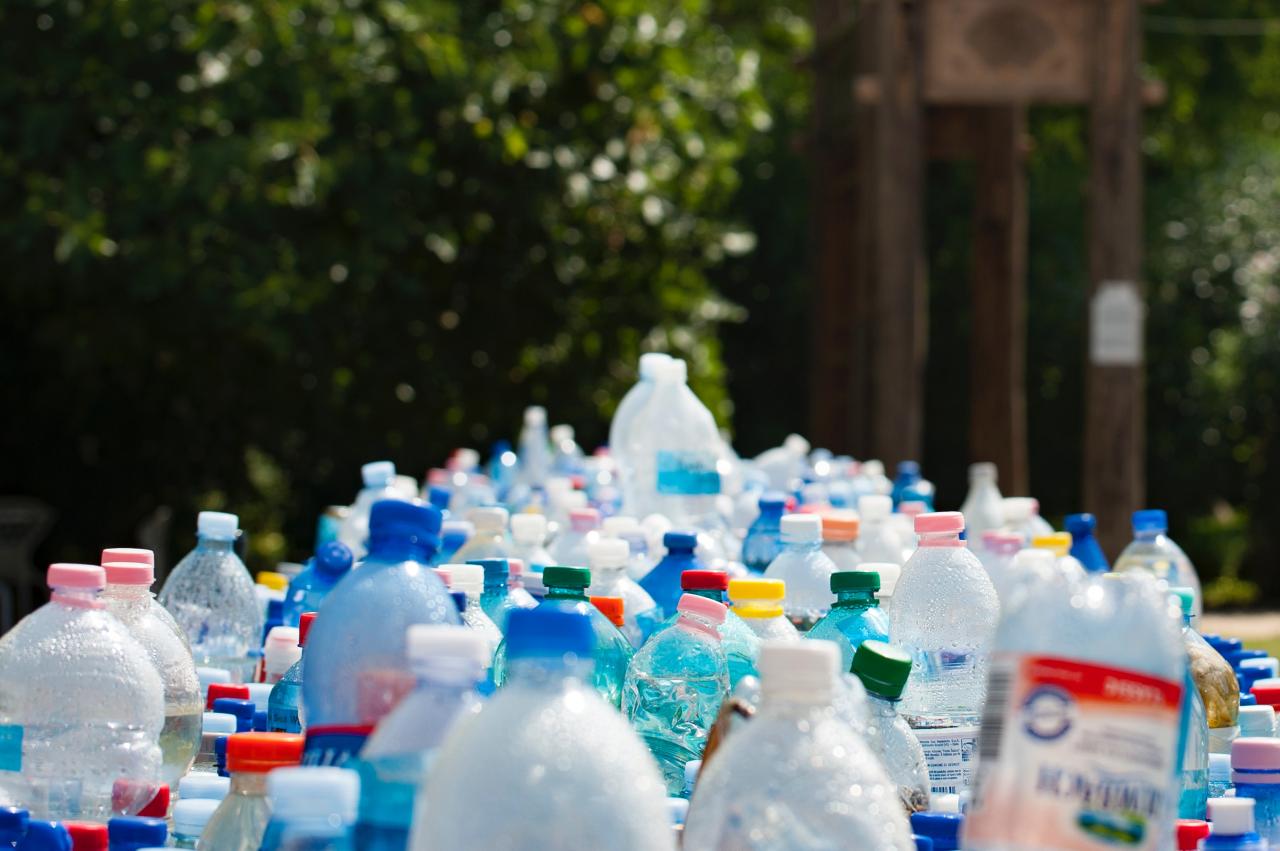Our world’s population keeps growing, and so does the waste we generate. It is estimated that waste generation will outpace global population growth by almost double. Just in the United States alone, the average person produces nearly 5 pounds of waste daily.
The average American family produces almost 20 pounds of garbage on a daily basis. This waste situation is dire, and we need to start taking action now to help. It is as important as ever today to do our bit to help the environment. We can all start by reducing the waste we generate at home optimizing waste management at home as much as possible.
Our actions – what we buy, what we use and consume, and how we throw it away – all matter. Making small adjustments can have a real impact on the environment. To help you optimize waste management at home, here we have compiled a few tips on how to manage your waste.
Separate Your Waste
Separating your waste is a pretty obvious tip that most of us don’t apply at home. The mixing of several different types of waste causes considerable problems in recycling. Waste should be separated between biodegradable and non-biodegradable items.
This lowers the resources it takes to separate them later on at recycling plants and facilities. Have separate waste bins for plastic items and for glass items.
Have a separate organic garbage bin for your food and wet waste. Fruit and vegetable peelings, leftover food, and any organic material can be used to make compost at home. You will be reducing the amount of garbage that just sits and rots in landfills, releasing greenhouse gases into the atmosphere.
Purchase Thoughtfully
Choose where you shop and the items you buy wisely. Choose to buy foods with minimal or no packaging at all. If possible, you should purchase household products in bulk and store them in order to reduce the quantity of plastic you use and waste.
Items like biscuit boxes that have each and every biscuit wrapped in a different plastic wrapper should be avoided at all costs. Any products that you feel use an unnecessary amount of plastic in the packaging should be avoided. Plastic is the most significant cause of concern in terms of water pollution and waste in the oceans, which is why any reduction in plastic use is always welcome.
Invest In Reusable Items And Packaging
Avoid purchasing any single-use items. Plastic utensils, plastic shopping bags, and plastic containers can all be replaced by metal utensils, reusable shopping bags, and metal or glass containers. Also, purchasing rechargeable batteries is also a good investment as you won’t be buying up and throwing away empty batteries.
Another eco-friendly alternative is always carrying are fillable metal or glass water bottle wherever you go instead of purchasing aplastic water bottle whenever you get thirsty. By not purchasing these single-use plastic items, you are reducing the amount of plastic that is wasted in production.
Refuse, Reduce, Reuse, Recycle, Rot, And Donate!
Of course, implementing the five Rs into your household is the best way to optimize waste management at home. Think about whether an item can be repurposed or reused in any way before throwing it away. Even if you don’t have any use for an item, you should try to give it away to someone in need.

